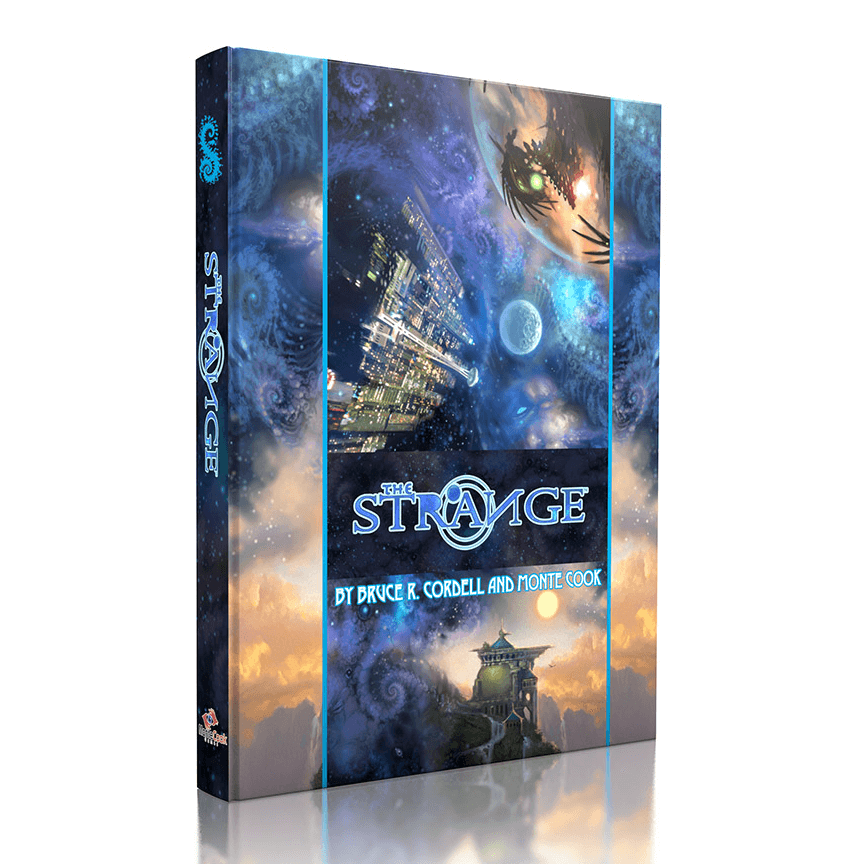

On the one hand, all you need is an interesting idea and some target numbers and you’re ready to go. Ideally, this system works best when GMs can design imaginative encounters, which is a double-edged sword. The Cypher System Rulebook tries to counter that by awarding XP for discovery, not fighting, but unless you’re befriending every creature and NPC you meet, combat will be a big part of any setting.

Now relying on the same mechanic repeatedly can be draining at times, especially if the adventure is filled with lengthy combats. If flipping through the GM section of a roleplaying book ever felt daunting, the Cypher System Rulebook is a good place to start. I completely rewrote my first Cypher System adventure the afternoon before playing it, and it was still a robust game which challenged and engaged my players. Even if you decide to give her armor or some other special ability, the creation process is surprisingly fluid.Īlmost anything you imagine can receive basic game mechanics in seconds, letting you pick interesting set pieces, tweak them, and assemble them for play. And you’re done! But if you decide this NPC can shapeshift into a Level 6 dragon? Apply the same x3 multiplier: 18 to hit, 18 to dodge, 18 health points, deals 6 damage. It also gives her 9 hit points, and unless she has a special weapon, her damage can be the rating of 3. That means her target number to attack and dodge is 9. No problem – just say she’s a Level 3 NPC. Let’s say your players attack an NPC who you didn’t expect would get a combat encounter, so you don’t have any attack, defense, or damage stats. That’s great from the player’s perspective, but it’s a dream for the GM. This keeps the focus on actions over calculations, which is a satisfying approach overall. Eventually you stop thinking in numbers altogether – you either have a skill, or you don’t. Keeping the focus on difficulty ratings means you’re not stressed about skill points, enemy defenses, or stats on your sheet, just the overall difficulty and your dice. Reducing the difficulty rather than adding modifiers feels backwards if you were raised on modern D&D, but in practice the Cypher System is impressively simple. If the difficulty is one or higher, then the player rolls a d20 and attempts to hit that rating’s target number or higher – which is always the rating multiplied by three.

If the difficulty reaches zero, the player automatically succeeds. If the player attempting the action has relevant assets or skills, they reduce the difficulty rating. Every time the group encounters a challenge, be it an enemy, a trap, or a 20-foot-high wall, the GM assigns a difficulty rating from 1-10. The Cypher System gets even easier when you’re attempting actions. Flavors just let you customize abilities a little further without unbalancing your character – all while helping them reflect your chosen setting. Adept powers can come from magical sources or latent psychic abilities. Warriors work equally well as chivalrous knights or battle-hardened space troopers. What’s more, character types are robust enough to be mechanically unique, but general enough to fit into any setting. In other words, you can have a huge range of unique characters and parties with minimal fussing over stats and mechanics. If you think the Adept could use more combat abilities, or want to design a custom class for a particular setting, flavors will let you do that. There’s even room to customize types – Cypher‘s answer to classes – with “flavors” that grant new abilities. “Mystic Bard who Builds Robots”? All yours.Įach trait within your phrase comes with various abilities that you mark on your character sheet – such as which weapons you can use, supernatural abilities you have, even interpersonal relationships with the rest of your party. How about a “Clumsy Explorer who is Idolized by Millions”? Sounds good to me. Want a “Graceful Psychic who Hunts Nonhumans”? Go for it. So instead of crunching statistics and trying to design the “right” character for a game, you can just string together traits that interest you. Those three blanks come from lists of descriptors, character types, and focuses, which the GM prepares to reflect your setting. Let me sum up the entire character creation process for you:įill in the blanks. In the Cypher System, players don’t roll for attributes, tally up skill points, calculate defenses, or feel obligated to develop certain abilities over others. Many systems make this claim, but few pull it off as effortlessly as Monte Cook Games has with the Cypher System. The goal behind Cypher System is to offer rich mechanics that everyone can understand – players should never fuss with complex math while making dice rolls, and double-checking the book for necessary rules should be rare.


 0 kommentar(er)
0 kommentar(er)
